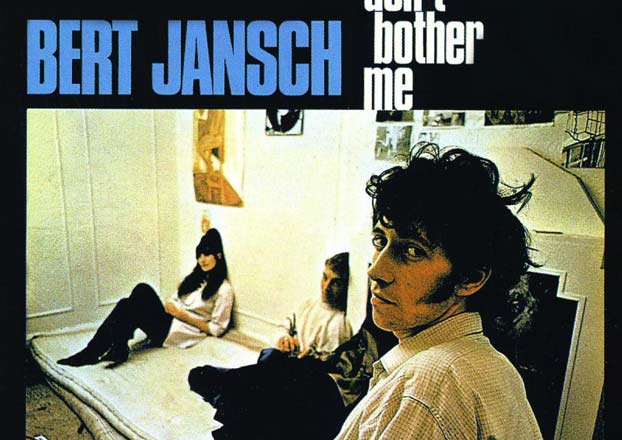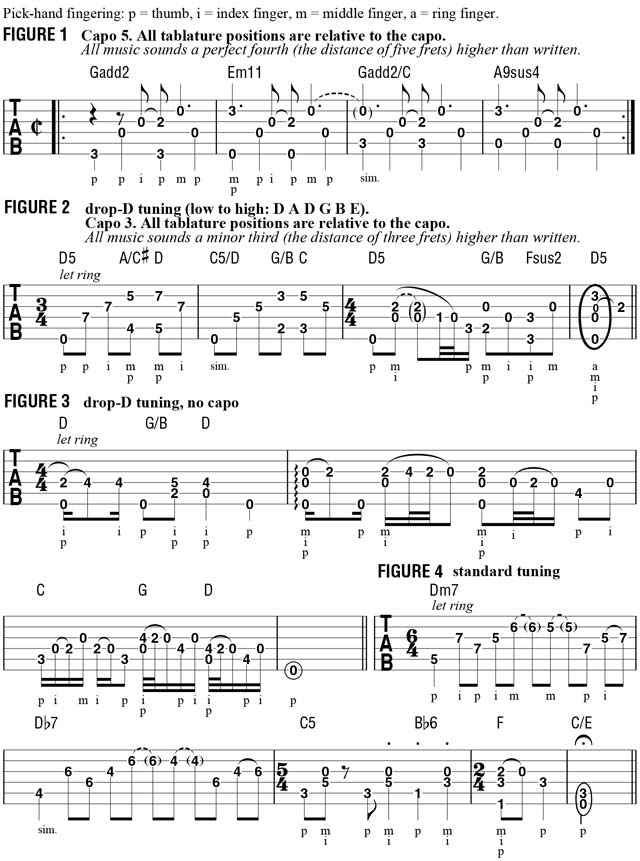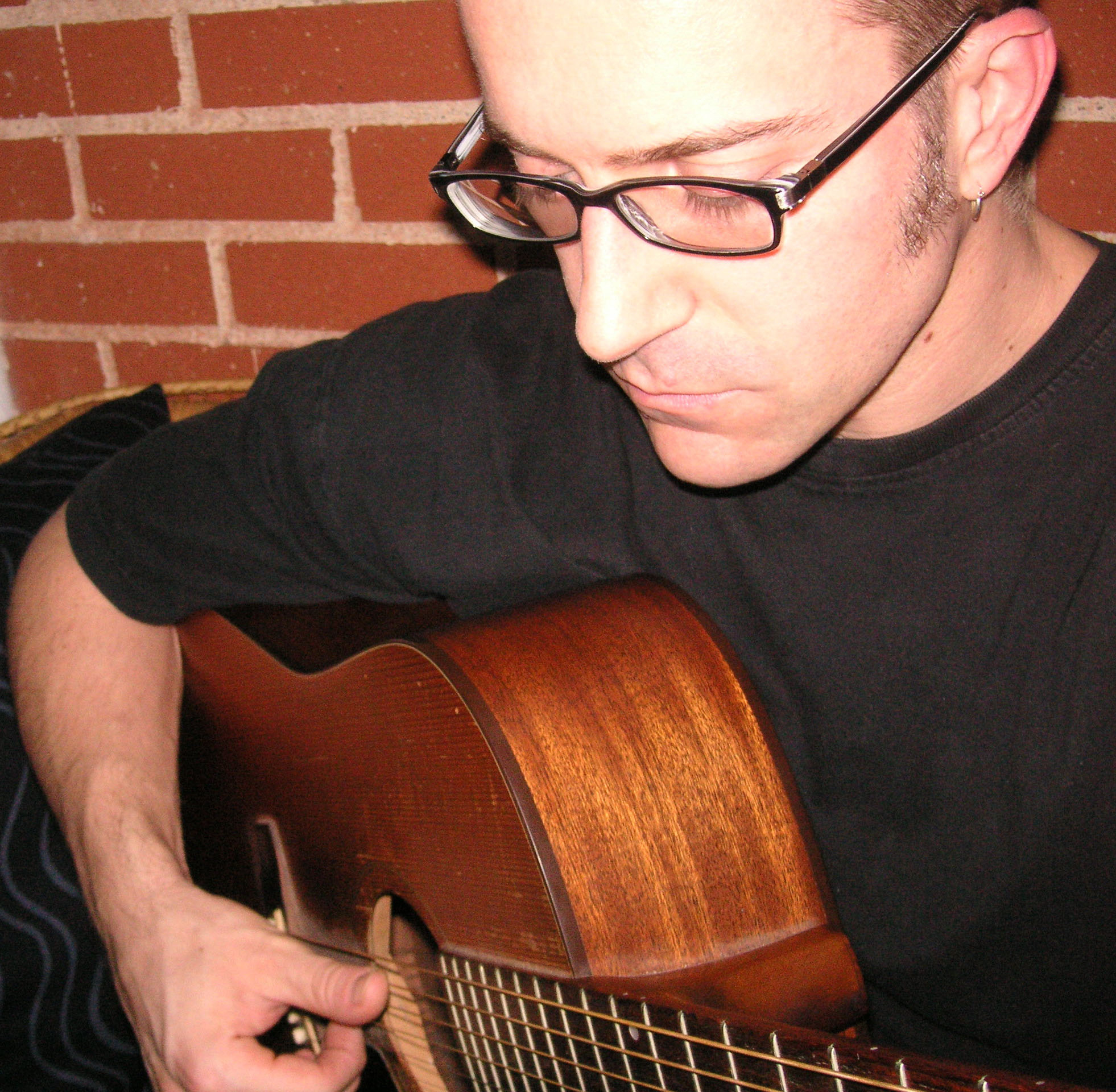Bert Jansch’s Multi-Faceted, Folk-Based Fusion

Influential fingerstylist Bert Jansch (1943–2011) became a guitar sensation in the mid Sixties with his riveting, multi-faceted mix of folk, blues and jazz, pushing the boundaries of “traditional music” as the British folk revival surged.
A prolific solo artist (he released about two dozen solo albums), Jansch also co-founded the folk-jazz fusion outfit Pentangle with fellow guitar icon John Renbourn, with whom Jansch had performed as a duo in folk clubs, and recorded 1966’s Bert and John LP (its stunning guitar interplay prompted the term “folk baroque”).
Drawing upon playing techniques and approaches gleaned from a diverse array of musos like Charles Mingus, Big Bill Broonzy, Brownie McGhee, Archie Fisher, Anne Briggs and Davey Graham, Jansch’s own eclectic musical output, in turn, inspired pickers ranging from Neil Young, Jimmy Page, Nick Drake, Paul Simon and Donovan, to Johnny Marr, Fleet Foxes and Beth Orton.
To celebrate the release of Jansch’s Living in the Shadows CD set (containing his three Nineties albums and demos/unreleased tracks, some featuring Renbourn) and remastered Live in Australia, issued in early 2017, let’s examine some of the man’s key musical moves. Jansch’s self-titled debut was issued in 1965 and, in many “Best Album” polls, is regarded as one of the top folk albums of all time.
It contains what is perhaps the guitarist’s best-known original composition, “Needle of Death,” an anti-drug statement penned after friend Buck Polly died from a heroin overdose.
FIGURE 1 similarly depicts the song’s trademark fingerstyle pattern, based upon thumbed bass notes (Jansch used a thumbpick), each bar featuring a challenging “third string” hammer-on, whereby the second-fret note, hammered on, sounds at the precise moment a bass string is picked. (It’s worth noting that this album closes with a riveting rendition of “Angie,” penned by Davey Graham, the subject of last month’s column.)
Though he’d played it live for years, Jansch’s groundbreaking take on the traditional song “Blackwaterside” didn’t appear on record until 1966, with the release of Jack Orion. Initially learned from key guitar inspiration Anne Briggs, Jansch put his own mark on the piece, delivering it in drop-D tuning and decorating chords with quickly hammered-on/pulled-off ornaments, not unlike FIGURE 2. (Check Led Zeppelin’s “Black Mountain Side” for a derivative result of this tune’s inspiration.)
Get The Pick Newsletter
All the latest guitar news, interviews, lessons, reviews, deals and more, direct to your inbox!
Another “traditional” tune Jansch picked up from Briggs, “Reynardine,” surfaces on his 1971 solo album, Rosemary Lane. Also utilizing drop-D, this piece pushes open-string pull-off embellishments to new heights, as approximated in FIGURE 3.
Consult the original recording to enjoy the myriad ways in which Jansch personalizes this song with unexpected string bends—yes, on acoustic—and other guitaristic goodies. Pentangle’s first incarnation reigned from 1967–72, reforming at various points in each successive decade until the passing of Jansch (2011) and Renbourn (2015). (Jacqui McShee’s Pentangle, fronted by the band’s vocalist, still tours.)
We’ll close this lesson with a look at “Light Flight,” one of the ensemble’s biggest hits (from 1969’s Basket of Light), which was also used as the theme song for the BBC drama series Take Three Girls. Check out FIGURE 4 for some funky fingerings (in the original, moved all over the neck in a captivating progression), and quirky odd-meter grooves.

A singer-songwriter/multi-instrumentalist/film composer, Musician's Institute instructor, and author of 50+ transcription/instructional books, Dale Turner is also Guitar World's "Hole Notes"/"Acoustic Nation" columnist, and the former West Coast Editor of Guitar One magazine. Some of Dale’s old, weird, rare, and/or exotic instruments are featured in his score for WEEDS, the first animated short completed within the Filmmakers Co-op at Disney Feature Animation. His most recent CD, Mannerisms Magnified, was praised by Guitar Player magazine for its "Smart pop tunes that are crammed with interesting guitar parts and tones ... Like what the Beach Boys might do if they were on an acid trip that was on the verge of getting out of control. Yeah!"
"Upgrading from your entry-level acoustic opens the door to an entirely new world of tonewoods, body shapes, and brands": 6 signs it's time to upgrade from your first acoustic guitar
"I'm past my prime": 5 common excuses for not learning the guitar – and 5 body and mind-boosting reasons you should










